Actor Russell Crowe is claiming to be directly related to the last man executed by beheading in England, a Jacobite who lived a life of “Devious intrigue.” The New Zealand-born actor took to X to share the discovery with his fans.
Who is the “Gladiator” actor’s famous ancestor who met a dramatic fate at the Tower of London? Let’s get into it.
Which Famous Person Is Russel Crowe Related To?

Researching his ancestry, “The Insider” actor was stunned to find a direct tie to the historical figure Simon Fraser. He was able to learn about his connection to the 11th Lord Lovat by tracing his relatives to John Frazer, who came to New Zealand in 1841.
The connection comes from his father’s mother’s side, and Crowe explained some of the details about the “character” that was Fraser.
Simon Fraser Executed For His Jacobite Sympathies
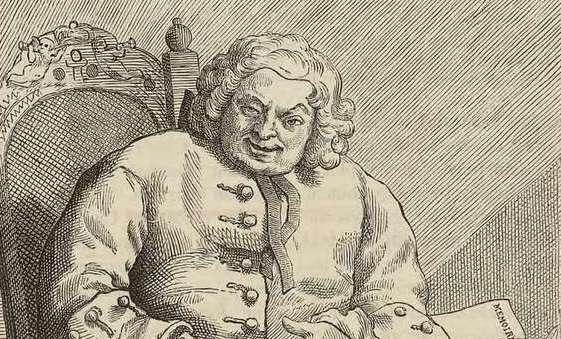
Simon Fraser was the final man to face the executioner’s axe within the grim walls of the Tower of London in 1747. At 80 years old, Fraser found himself condemned for high treason by the House of Lords due to his unwavering Jacobite leanings.
Seems his Machiavellian ways caught up to him,” Crowe wrote. His death was infamous enough to coin a new phrase.
What Term Did Simon Fraser’s Execution Coin?
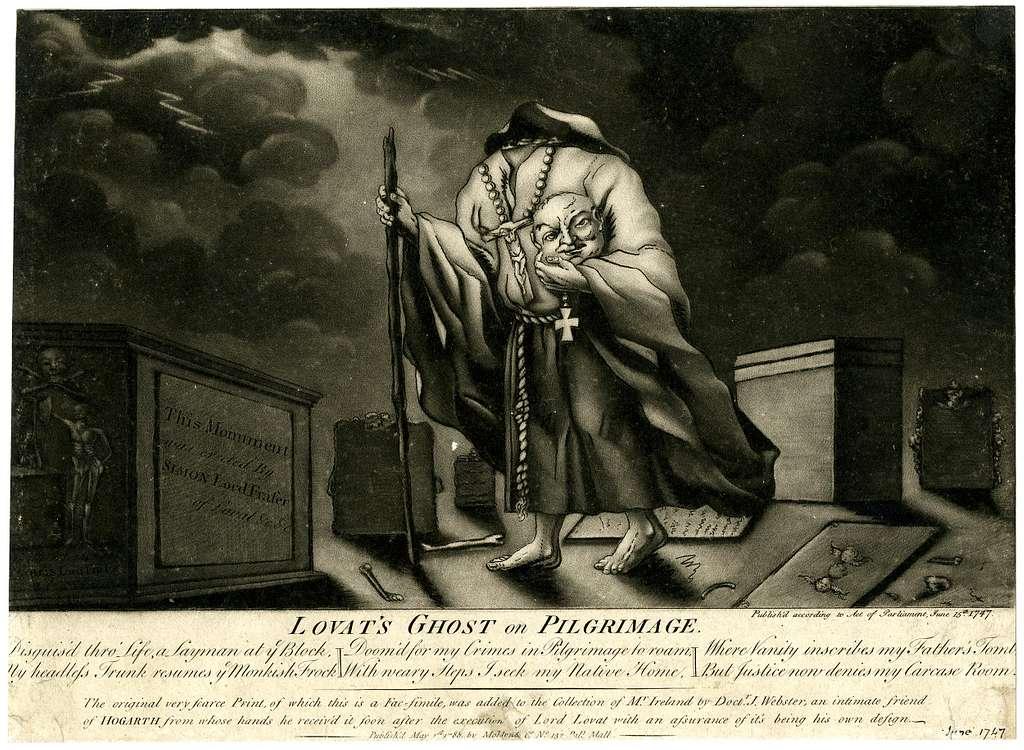
“Apparently, they set up temporary stands for the gentry to watch him die,” “The Beautiful Minds” actor said. “One of these stands collapsed which resulted in the death of nine onlookers. Being told this just before he was put to death made him laugh.”
Is a grueling sense of irony, “[h]e was still laughing when the blade struck his neck, thereby ‘laughing his head off’. Fascinating,” Crowe said.
What Is a Jacobite?
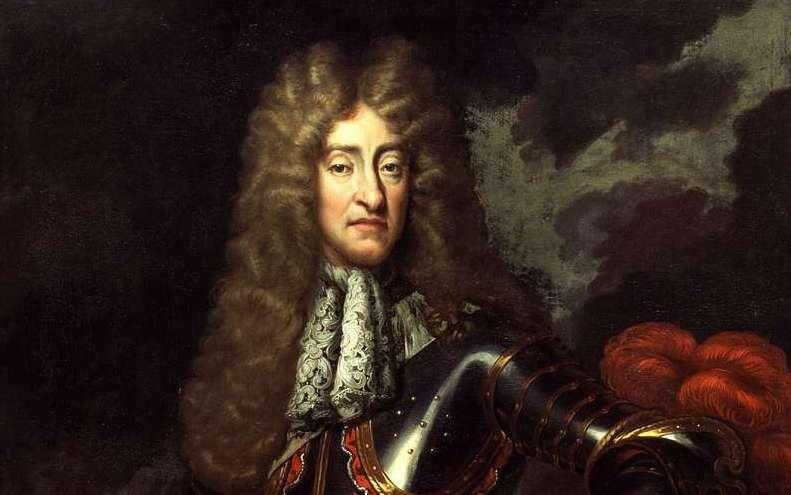
According to Britannica, a Jacobite is a supporter of the exiled King James II and his descendants after the Glorious Revolution in British history. This was the revolution that overthrew King James II of England and Scotland and replaced him with the Protestant daughter, Mary II.
A Jacobite believed that James or his descendants were the rightful monarchs of Britain.
Why Were Public Executions Popular?
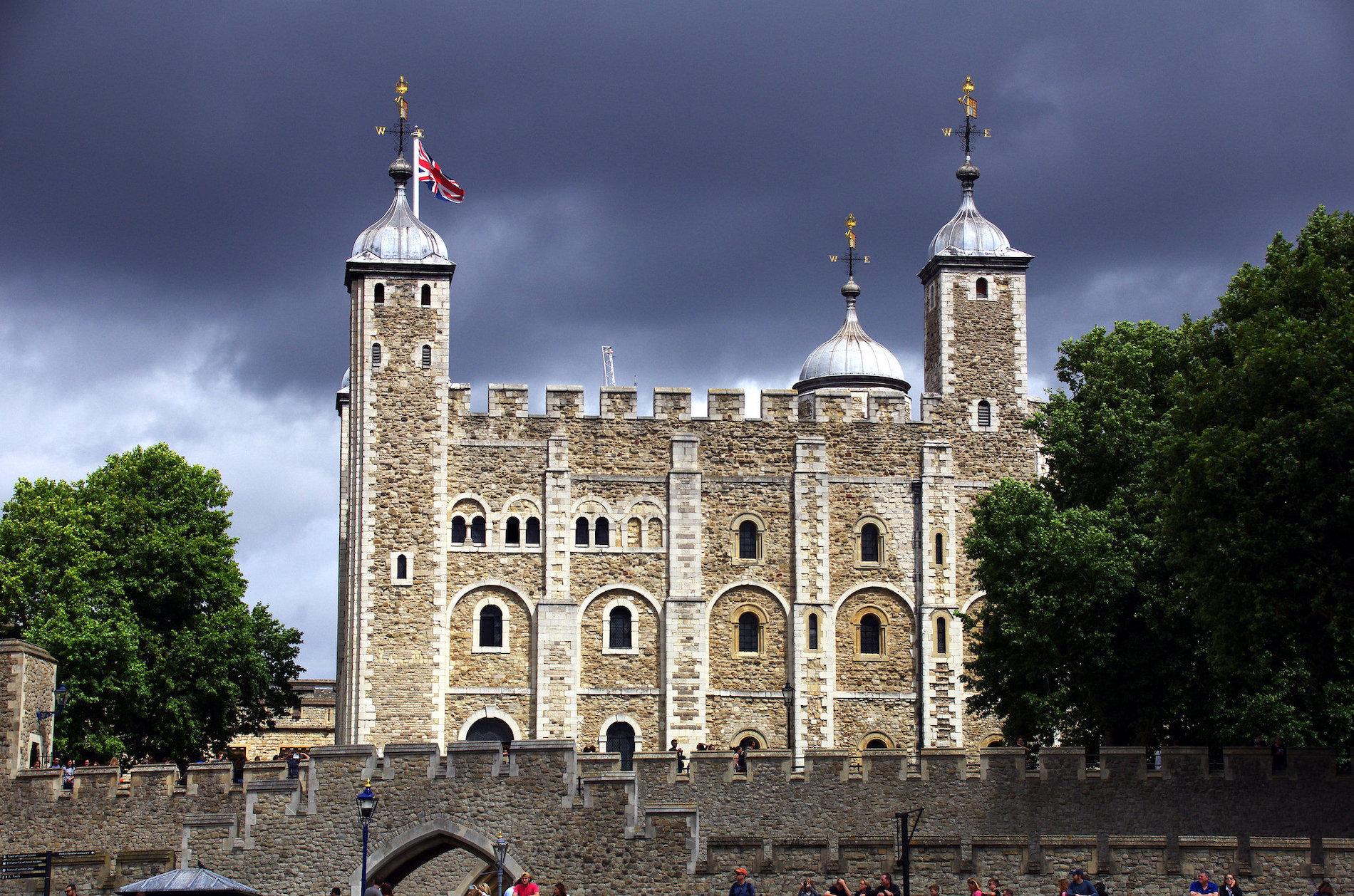
Executions at the Tower of London were large public events that took place throughout the bloody history of England. In a gruesome display of power, the authorities sought to sow terror in the hearts of the people, crushing any thought of treason, rebellion, or dissent with the stark image of this grim spectacle.
Public executions were also a form of public entertainment. Everyone would come together to witness the drama and excitement of someone’s last moments.
Simon Fraser the Last Man Executed in London
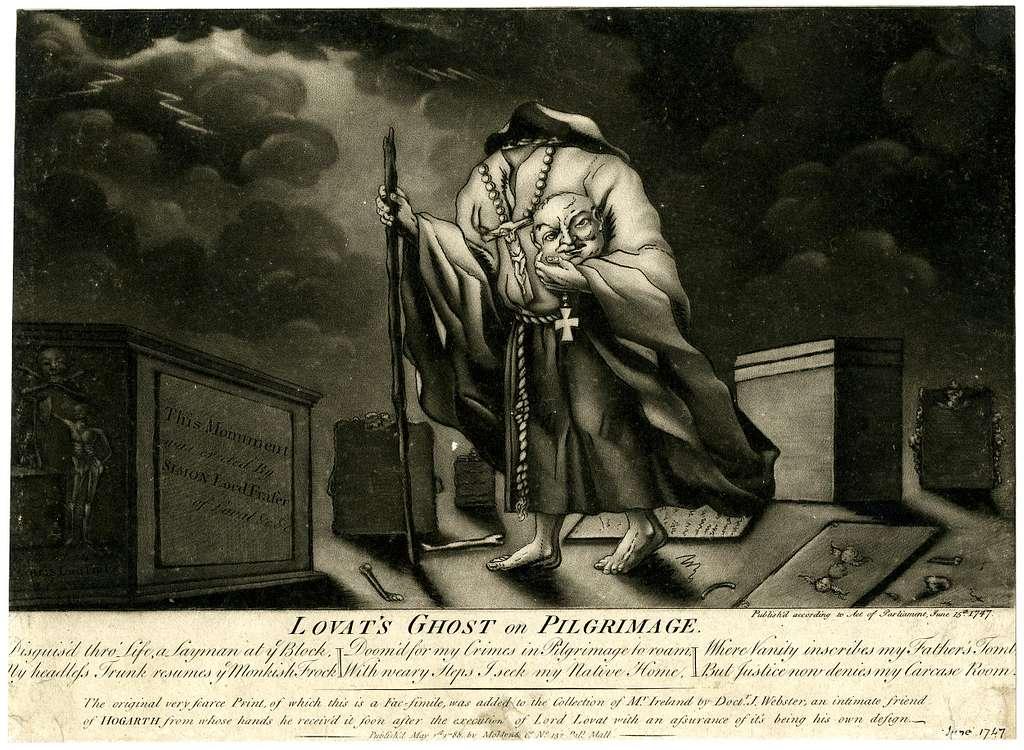
The Capital Punishment Amendment Act of 1868 marked the end of the centuries-old practice in England. According to Project MUSE, the act required that prisoners sentenced to death would be executed within the prison in which they were being held.
How Did Russell Crowe Discover This Information?

“I’ve been on the hunt to track down my Italian forebears for quite some time. Folkloric family tales and misspellings had seen me travel on a number of wrong tracks,” Crowe said on X. “Turns out my great great great grandfather, on my mother’s side, who traveled to NZ in 1864, was Luigi Ghezzi.
Crowe discovered that his relative was born in 1829 in Ascoli Piceno, Marche, and was the son of Augustine and Annunziata Ghezzi.
How Did Crowe’s Family End Up in New Zealand

According to Crowe, Luigi Ghezzi “had been working in Argentina, took a boat to India, was shipwrecked, and ended up in Cape Town. While there he met and married Mary Ann Curtain and they migrated to NZ.”
But this discovery was not the most shocking revelation that Crowe uncovered while digging into his family heritage.
The First Person Executed at the Tower of London
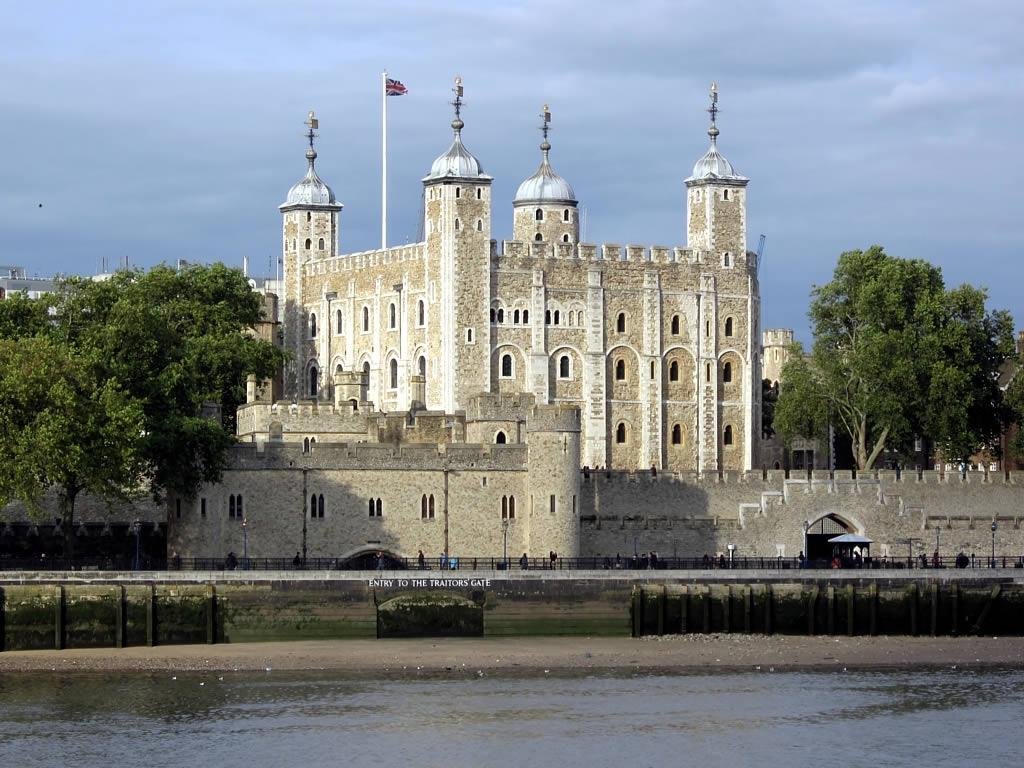
The Tower’s history stretches back to the 11th century. In those early days, executions unfolded within the Tower’s walls. Shrouded in the secrecy of those times, records remain scarce and cryptic, refusing to surrender the secrets of that very first death.
There are two contenders who are possible victims of the Tower of London’s first execution.
Geoffrey de Mandeville May Have Been the First Execution at the Tower of London
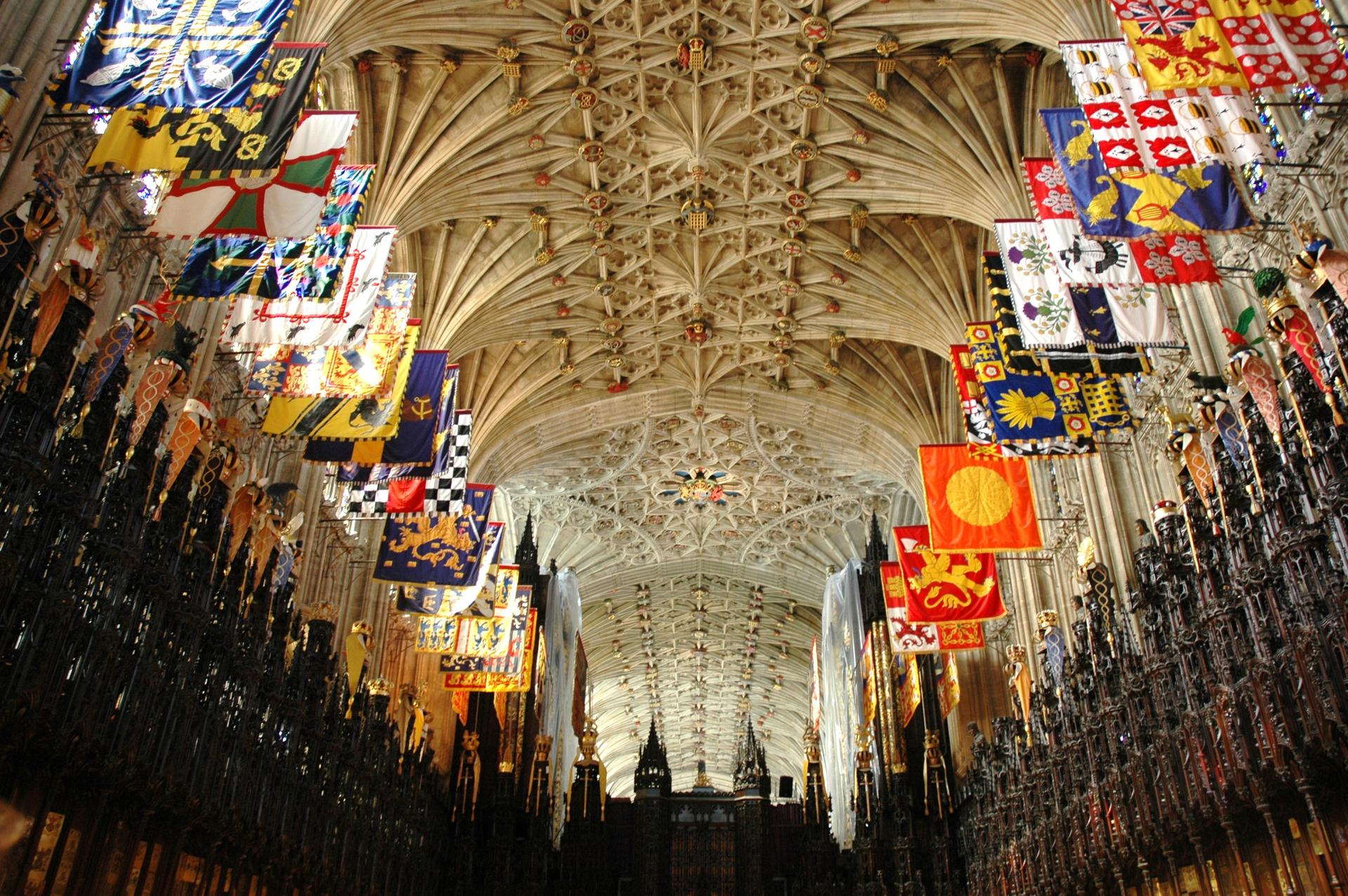
One contender for the unfortunate honor of being the first executed at the Tower of London is Geoffrey de Mandeville, the 1st Earl of Essex. Mandeville was a prominent figure during the reign of King Stephen of England.
King Stephen’s forces hanged Mandeville in 1140, following the rebellion. Some historical accounts suggest that Madeville’s execution was outside the Tower walls.
George Plantagenet May Have Been the First Death
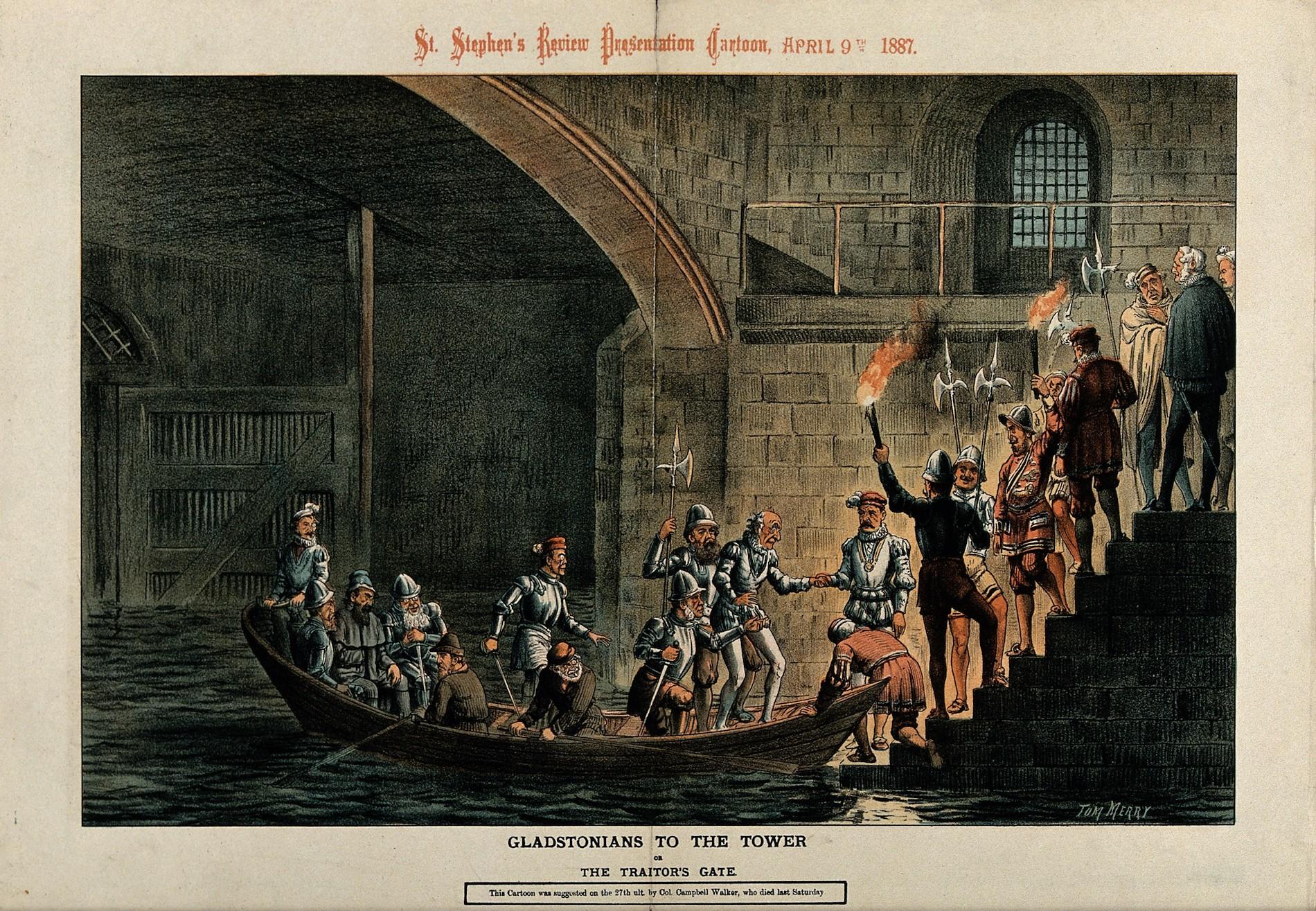
Looming over the Tower of London is the specter of another potential execution: George Plantagenet, the Duke of Clarence and brother to King Edward IV himself. Accused of high treason, Plantagenet found his untimely end within the cold, unforgiving embrace of the Tower’s walls, according to the Historic Royal Palaces.
Some sources allege that the duke drowned head-first in a barrel of his favorite wine. Whichever death you believe in is up to you.

